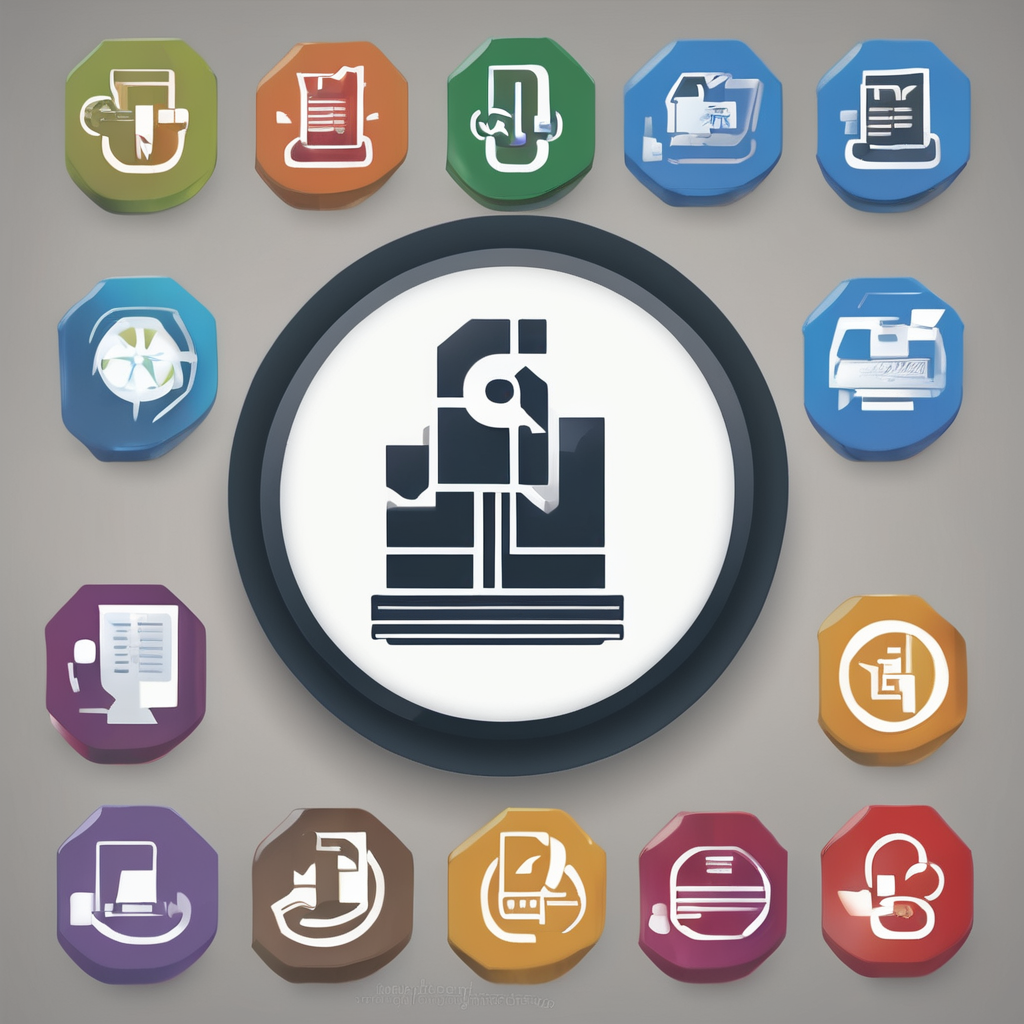Key Advantages of Technology in UK Healthcare
Technology offers significant benefits in NHS operations, improving patient outcomes and healthcare delivery. One of the foremost advantages is enhanced patient care through digital solutions, which allow more accurate diagnostics and timely interventions. For example, digital imaging and remote monitoring tools help clinicians track patient health more effectively, leading to better prognosis and management.
Operational efficiency in the NHS has also improved markedly. Workflow optimisation is possible through automated scheduling, digital record keeping, and integrated communication systems. These tools reduce administrative burden, freeing healthcare professionals to focus more on patient care. This efficiency also leads to measurable cost savings. By optimizing resource management—such as reducing hospital stays through better outpatient monitoring—the NHS can reallocate funds where they are most needed, enhancing overall service quality.
Additional reading : How Can One Enhance Their Daily Life with Simple Techniques in UK Healthcare?
Ultimately, technology advantages in healthcare translate into both economic and clinical benefits, driving continuous UK healthcare improvement. With the NHS embracing these technological advances, the system becomes not only more sustainable but better equipped to meet rising patient demands and complex health challenges.
Improved Access and Remote Consultations
Telemedicine UK has revolutionised healthcare delivery by enabling remote healthcare benefits that enhance patient convenience. The use of digital appointments NHS-wide reduces the necessity for physical visits, helping patients access care promptly regardless of location or mobility constraints. How does this improve patient experience? By offering consultations via video calls or phone, patients save travel time and avoid exposure to infections, which is particularly beneficial for those with chronic illnesses or limited mobility.
Also to see : What are the benefits of integrating AI in UK healthcare practices?
Digital appointments NHS facilitates easier follow-up and monitoring through e-prescriptions, which streamline medicine management. These tools reduce waiting times and clinic overcrowding, optimising NHS resource use. Furthermore, telemedicine UK expands care to underserved and rural areas, breaking down geographic barriers that traditionally limited access. This inclusivity addresses health inequality, a key goal in UK healthcare improvement.
In summary, the integration of telemedicine UK and related digital healthcare options provides significant remote healthcare benefits. These solutions empower both patients and providers, establishing a more flexible, accessible, and efficient healthcare environment within the NHS.
Enhanced Data Management and Clinical Decision Support
Effective electronic health records (EHR) UK systems transform patient data management by enabling seamless sharing of clinical information across NHS departments. This integration reduces errors and duplicates, improving both care coordination and patient outcomes. How does this happen in practice? When healthcare providers access updated EHRs, they make more informed decisions, ultimately increasing treatment accuracy and safety.
Alongside EHRs, NHS data analytics tools analyse large datasets to identify trends, predict disease outbreaks, and personalise treatment plans. These insights support proactive healthcare delivery and resource allocation, contributing directly to UK healthcare improvement goals. Advanced clinical decision support systems use algorithms to alert clinicians of potential risks or suggest optimal treatments, further enhancing quality of care.
Patient confidentiality remains paramount; hence healthcare data security protocols in the NHS include encryption, access controls, and continuous monitoring. These safeguards help protect sensitive data from breaches, ensuring public trust while enabling the NHS to harness technology advantages in healthcare effectively. By combining robust EHRs, analytics, and security, the NHS strengthens both operational efficiency and patient safety in a digitally evolving landscape.
Case Studies: NHS Digital Tools and Programmes
NHS technology success stories highlight how digital health tools UK have transformed care delivery. The NHS App empowers patients by providing access to their medical records, appointment bookings, and test results directly on their smartphones. This increases patient engagement and supports self-management, a crucial factor in UK healthcare improvement.
Improving hospital efficiency is another strong suit of NHS digital innovations. For example, the e-Referral Services streamline patient pathways by allowing electronic appointment bookings and reducing administrative delays. This has cut waiting times and improved resource allocation, demonstrating tangible technology advantages in healthcare operations.
Chronic disease management benefits considerably from targeted digital tools. Devices and apps monitor conditions like diabetes and COPD remotely, enabling timely interventions and reducing hospital admissions. These NHS innovation examples showcase the practical benefits of integrating technology with clinical care, ultimately enhancing patient outcomes. By examining these cases, it becomes clear how strategic deployment of technology benefits the NHS, meeting evolving healthcare demands with agility and precision.
Key Advantages of Technology in UK Healthcare
The benefits of technology in NHS are most evident in improved patient care outcomes. Digital solutions, such as remote monitoring and diagnostic tools, enable earlier detection and personalised treatment plans, reducing complications and hospital admissions. These technologies contribute directly to UK healthcare improvement by enhancing clinical accuracy and patient engagement.
Operational efficiency within NHS services has surged through workflow optimisation. Automated processes like scheduling and electronic health records minimise administrative delays, allowing medical staff to dedicate more time to direct care. This streamlining of tasks supports faster decision-making, enhances communication, and reduces errors, showcasing clear technology advantages in healthcare.
Cost savings are another critical outcome. Effective resource management — for example, by decreasing unnecessary hospital stays and optimising outpatient services — lowers NHS expenditures while maintaining high-quality care. These economies enable reinvestment in services and innovation, creating a sustainable model that benefits both patients and providers. In all, the integration of digital technologies delivers measurable clinical and economic value to the NHS.
